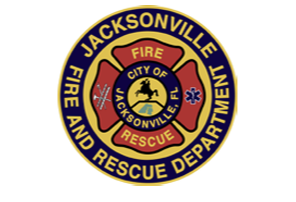This post-overdose response program in Jacksonville, Florida engages overdose survivors in emergency departments, providing peer support and links to treatment and recovery services
Begun in 2017 in response to rising overdose deaths in the Jacksonville, Florida area, Project Save Lives engages overdose survivors in hospital emergency departments (EDs), offering them treatment and recovery services. Once stabilized in the ED, they meet with a Peer Support Specialist who, in collaboration with a care team, helps to manage withdrawal symptoms and explains the treatment and recovery options. If the patient agrees to participate, they are offered the opportunity to immediately enter a treatment facility or continue with peer support alone, which involves weekly check-ins for 3 months. Those declining participation are provided with a naloxone overdose reversal kit and encouraged to maintain contact with the program.
Project Save Lives has expanded to include seven EDs in the Jacksonville area and uses a state-of-the-art treatment locator system to quickly connect clients with appropriate services. According to outcome data, participation in Project Save Lives is associated with reduced risk of return to drug use and future overdoses.
The program's history, objectives, and operations are described here, with links to media reports on the program's successes. Project Save Lives is now operational in Panama City, Bay County according to this report. Contact information is available on the program's 2022 status update.
The Project Save Lives initiative has resulted in significant reductions in subsequent emergency department admissions for clients who have enrolled in the program.









